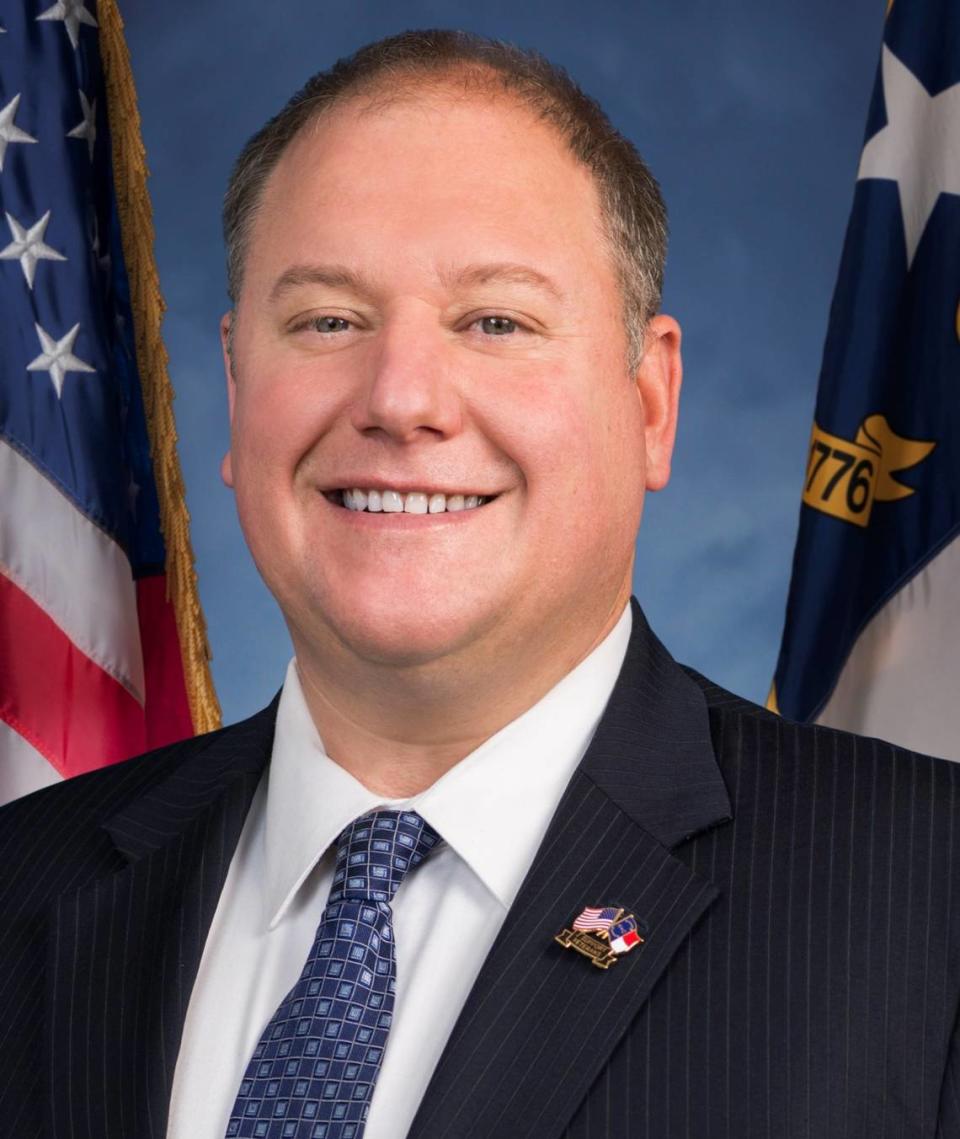To really help NC families facing eviction, pair rental assistance and childcare
Welcome to NC Voices, where leaders, readers and experts from across North Carolina can speak on issues affecting our communities. Send submissions of 300 words or fewer to opinion@newsobserver.com.
Eviction ban: NC kids need help
The thought of becoming homeless as the heat and COVID-19 delta variant rise is a parent’s worst nightmare.
The nationwide ban on evictions expired July 31. A Census Bureau survey (June 23-July 5) revealed that 70,000 N.C. renters with children are behind on rent. More than half have no or slight confidence they’ll be able to pay next month’s rent, and 71% worry about eviction.
The pandemic has been tough on families with children. Parents lost jobs, had hours cut back, and scrambled to pay rent and other household expenses. The eviction ban was issued to protect them and stem the spread of COVID-19. With the delta variant rising, COVID spread remains a threat, particularly in Southern states where vaccination rates are lower.
In North Carolina, the percentage of households behind on rent varies. In Wake County 14.1% of households are behind on rent, in Durham County 15% and in Mecklenburg County 15.4%.
The policy team at Prevent Child Abuse North Carolina recently published a report with recommendations on how to invest in economic supports for families. Beyond housing stability, which is an enormous concern with the eviction moratorium expiring, children in families that are homeless or at risk for homelessness can greatly benefit from access to high-quality childcare programs.
It’s time to ensure that emergency rental assistance is paired with access to high-quality childcare to ensure that children receive an array of comprehensive services to promote their healthy development.
We advocate for young children to be in high quality early learning programs. We also must advocate for them to be in safe and secure homes. Both housing and early childhood programming are essential for our children and families in North Carolina.
Marsha Basloe, Chapel Hill
President, Child Care Services Association

NC must address rise in addiction
On July 14, the CDC announced that 2020 was another record year for drug overdose deaths. It’s estimated that over 93,000 Americans died from overdoses in 2020, a nearly 30% increase over the previous year — which was also an all-time high.
While the COVID pandemic is clearly exacerbating the opioid epidemic, N.C. budget writers have yet to announce a single program to address this deadly trajectory.
The N.C. House’s much-anticipated version of the state budget is due next week. If House members want to save lives and reverse this tragic trend, they must do better than their N.C. Senate colleagues. They must prioritize programs that address substance use disorder prevention, treatment and recovery.
With historic investments from the federal government and excess state revenue, the N.C. General Assembly is in a once in a lifetime position to save lives. So far they’ve chosen not to.
There were no new programs announced in the Senate budget to address substance use disorders or behavioral health. But $700 million was earmarked for lawmakers’ pet projects in their home districts — $13 million for a new museum, $5 million for a private company to build a new building, $3.5 million for a boat ramp and park, $1 million for a new pool.
In the middle of an opioid epidemic, N.C. legislators could not find the money to prioritize the lives of those battling addiction. This comes as substance use disorders rose dramatically during the pandemic and amid a $6.5 billion revenue surplus that would allow the state for the first time in a generation to truly address these disorders.
Our Senate budget writers said, “no,” not this year. It’s time for House members to step up and ensure that we make the essential investments in our communities and health care systems needed to save and transform the lives of those battling addiction.
Jason Cain
Addiction Professionals of North Carolina


 Yahoo Finance
Yahoo Finance 